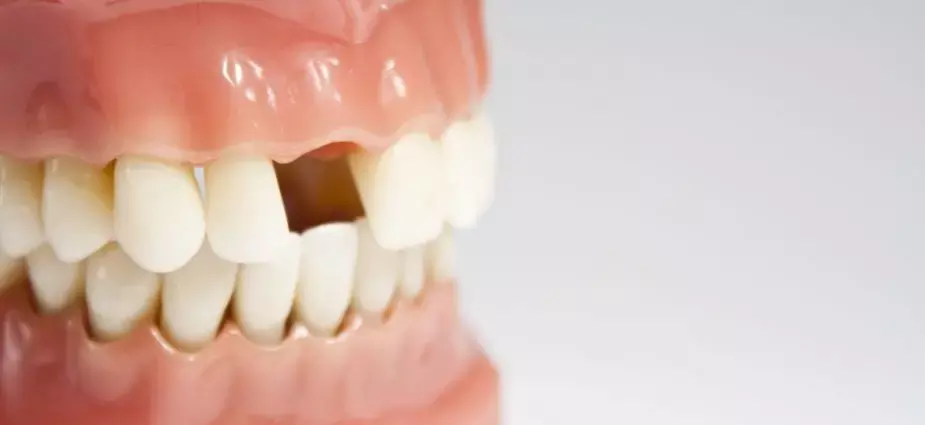- Home
- Medical news & Guidelines
- Anesthesiology
- Cardiology and CTVS
- Critical Care
- Dentistry
- Dermatology
- Diabetes and Endocrinology
- ENT
- Gastroenterology
- Medicine
- Nephrology
- Neurology
- Obstretics-Gynaecology
- Oncology
- Ophthalmology
- Orthopaedics
- Pediatrics-Neonatology
- Psychiatry
- Pulmonology
- Radiology
- Surgery
- Urology
- Laboratory Medicine
- Diet
- Nursing
- Paramedical
- Physiotherapy
- Health news
- Fact Check
- Bone Health Fact Check
- Brain Health Fact Check
- Cancer Related Fact Check
- Child Care Fact Check
- Dental and oral health fact check
- Diabetes and metabolic health fact check
- Diet and Nutrition Fact Check
- Eye and ENT Care Fact Check
- Fitness fact check
- Gut health fact check
- Heart health fact check
- Kidney health fact check
- Medical education fact check
- Men's health fact check
- Respiratory fact check
- Skin and hair care fact check
- Vaccine and Immunization fact check
- Women's health fact check
- AYUSH
- State News
- Andaman and Nicobar Islands
- Andhra Pradesh
- Arunachal Pradesh
- Assam
- Bihar
- Chandigarh
- Chattisgarh
- Dadra and Nagar Haveli
- Daman and Diu
- Delhi
- Goa
- Gujarat
- Haryana
- Himachal Pradesh
- Jammu & Kashmir
- Jharkhand
- Karnataka
- Kerala
- Ladakh
- Lakshadweep
- Madhya Pradesh
- Maharashtra
- Manipur
- Meghalaya
- Mizoram
- Nagaland
- Odisha
- Puducherry
- Punjab
- Rajasthan
- Sikkim
- Tamil Nadu
- Telangana
- Tripura
- Uttar Pradesh
- Uttrakhand
- West Bengal
- Medical Education
- Industry
Hypophosphatasia patients with genetic predisposition at higher risk of periodontitis and tooth loss than general population

Hypophosphatasia patients with a genetic predisposition are at higher risk of periodontitis and tooth loss than the general population suggests a recent study published in the Journal of Clinical Periodontology.
This study evaluated the oral health status of adult patients with hypophosphatasia (HPP).
Parameters of oral health assessment comprised decayed/missing/filled teeth (DMFT) index, probing pocket depth and clinical attachment level (CAL) as well as documentation of tooth loss and periodontal health status according to CCD/AAP criteria. Findings were compared with national reference data (DMS V survey) reporting oral health status in age-related controls. Within-group comparisons were made between the HPP patients harbouring one versus two alkaline phosphatase liver/bone/kidney type (ALPL) gene variants.
Of 80 HPP patients (64 female) with a mean age of 46.4 years (range 24–78) and one (n = 55) or two (n = 18) variants (n = 7 lacking testing) within the ALPL gene, those with two variants displayed substantially higher tooth loss rate (14.0 ± 9.3) than those affected by only one ALPL variant (4.1 ± 5.4), who did not differ substantially from healthy DMS V controls.
While DMFT score and severe periodontal diseases (PDs) of HPP patients with one variant only increased with progressing age, the two-variant sub-cohort age independently exhibited increased DMFT scores and a higher rate of severe PDs.
HPP patients affected by two variants of the ALPL gene exhibited a higher risk of periodontitis and tooth loss than the general population, while patients with one variant developed clinically relevant oral disease symptoms with progressing ageing.
Reference:
Weider, M., Schlagenhauf, U., & Seefried, L. (2022). Oral health status of adult hypophosphatasia patients: A cross-sectional study. Journal of Clinical Periodontology, 49( 12), 1253– 1261. https://doi.org/10.1111/jcpe.13718
Keywords:
Hypophosphatasia, patients, genetic, predisposition, higher, risk, periodontitis, tooth loss, the general, population, Weider, M., Schlagenhauf, U., & Seefried, L, Journal of Clinical Periodontology
Dr. Shravani Dali has completed her BDS from Pravara institute of medical sciences, loni. Following which she extensively worked in the healthcare sector for 2+ years. She has been actively involved in writing blogs in field of health and wellness. Currently she is pursuing her Masters of public health-health administration from Tata institute of social sciences. She can be contacted at editorial@medicaldialogues.in.
Dr Kamal Kant Kohli-MBBS, DTCD- a chest specialist with more than 30 years of practice and a flair for writing clinical articles, Dr Kamal Kant Kohli joined Medical Dialogues as a Chief Editor of Medical News. Besides writing articles, as an editor, he proofreads and verifies all the medical content published on Medical Dialogues including those coming from journals, studies,medical conferences,guidelines etc. Email: drkohli@medicaldialogues.in. Contact no. 011-43720751


